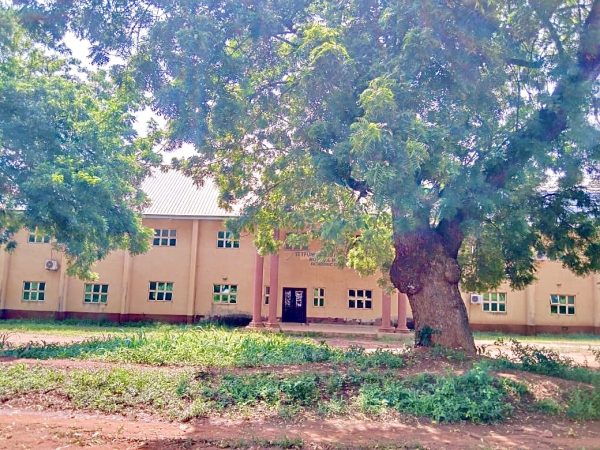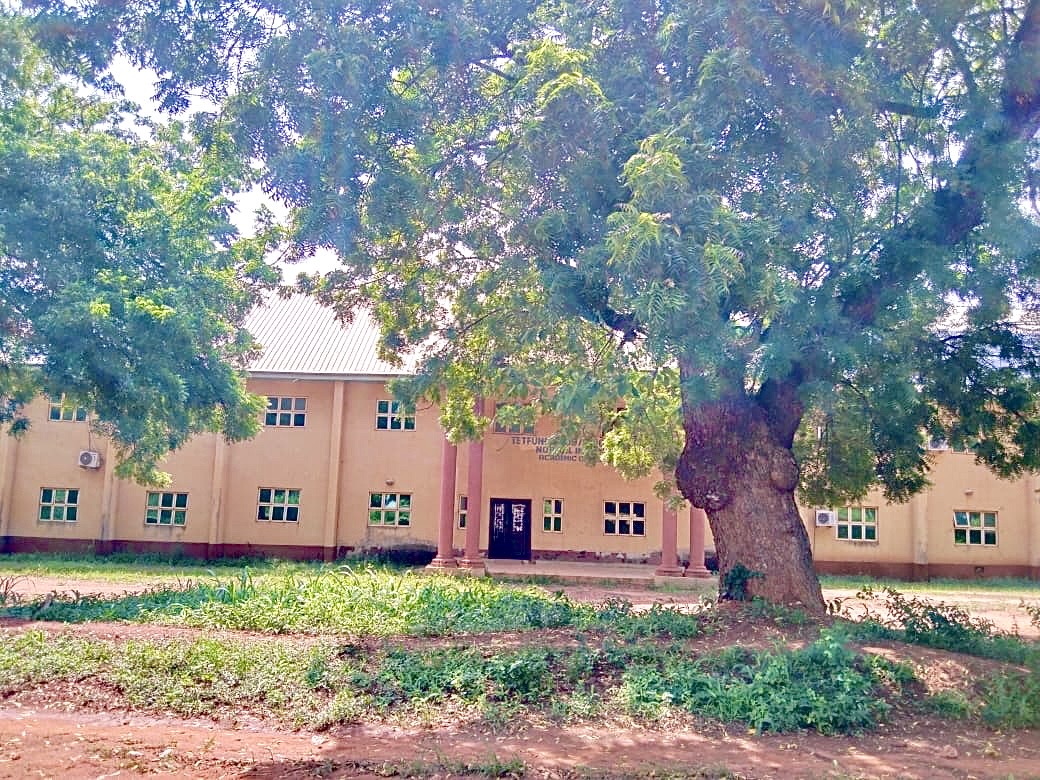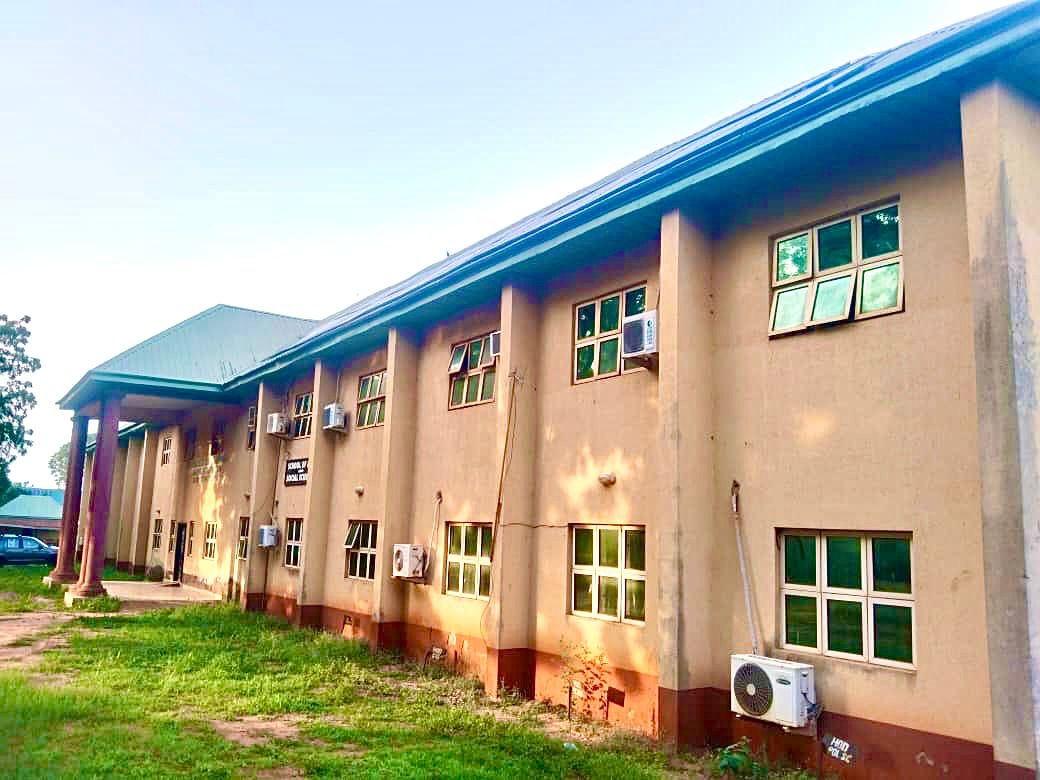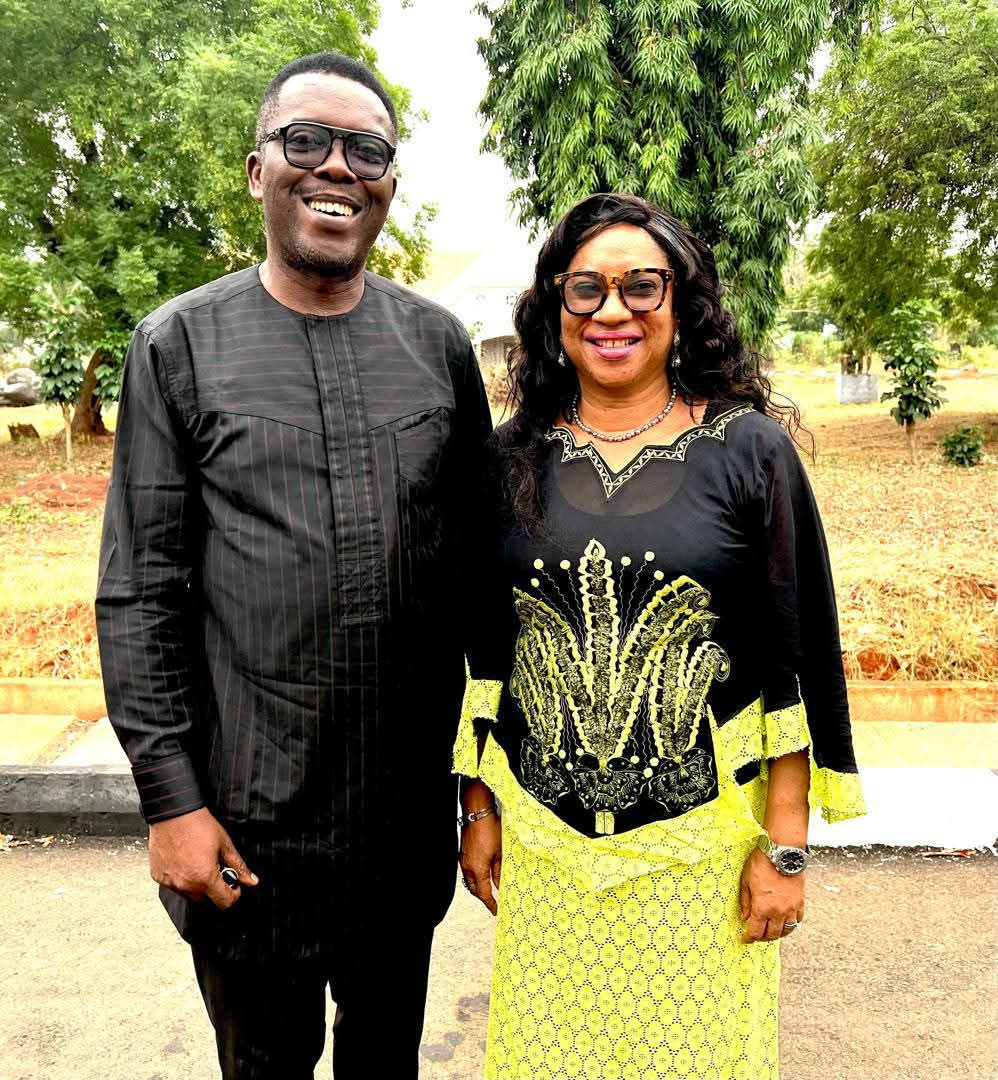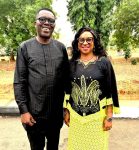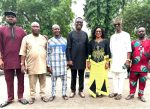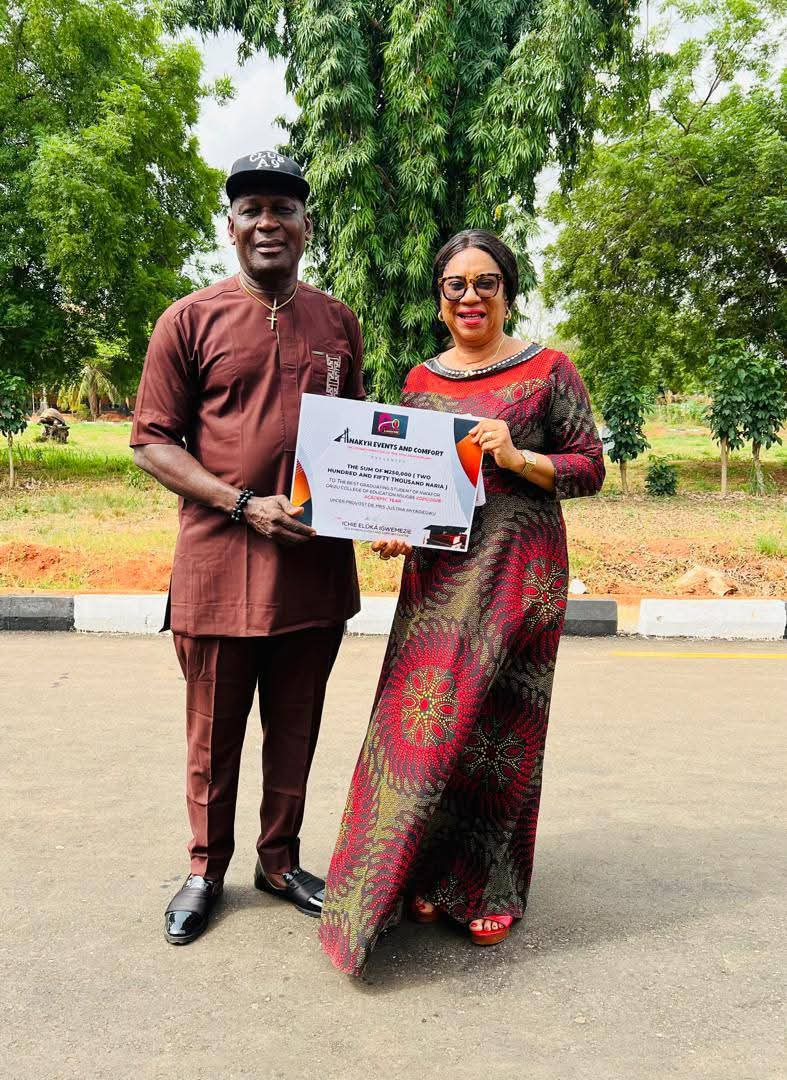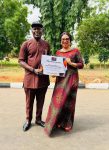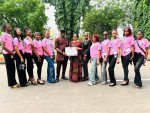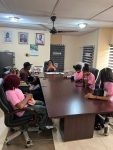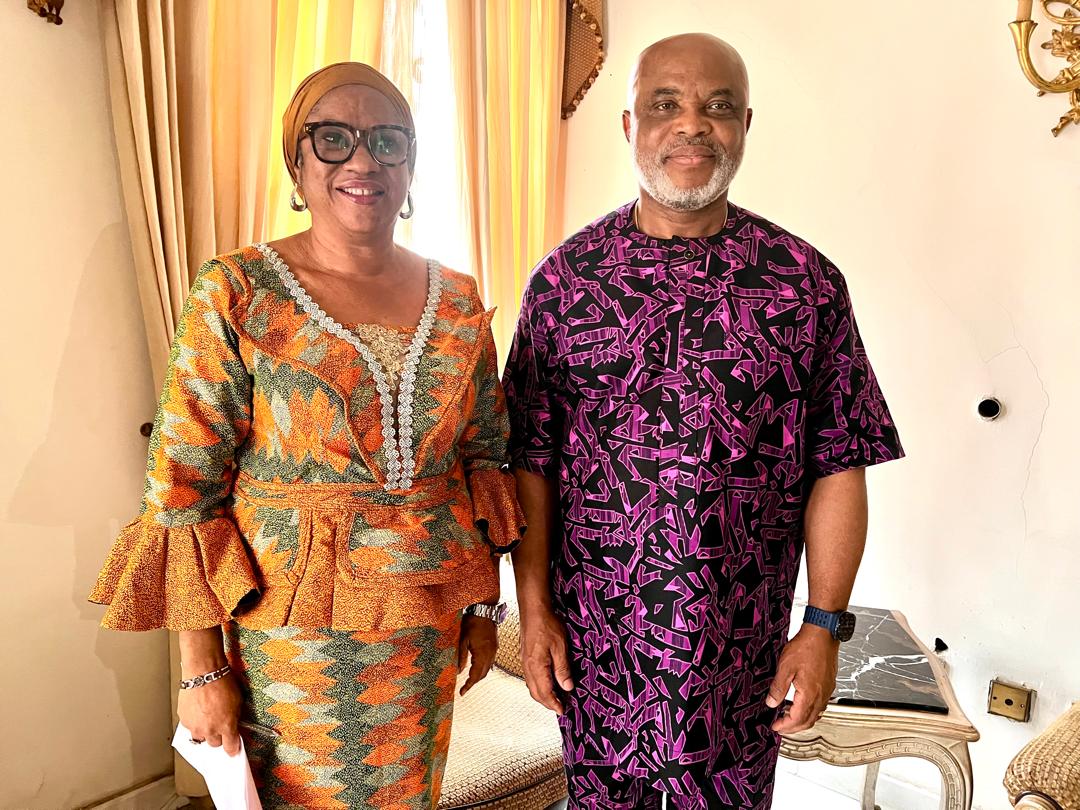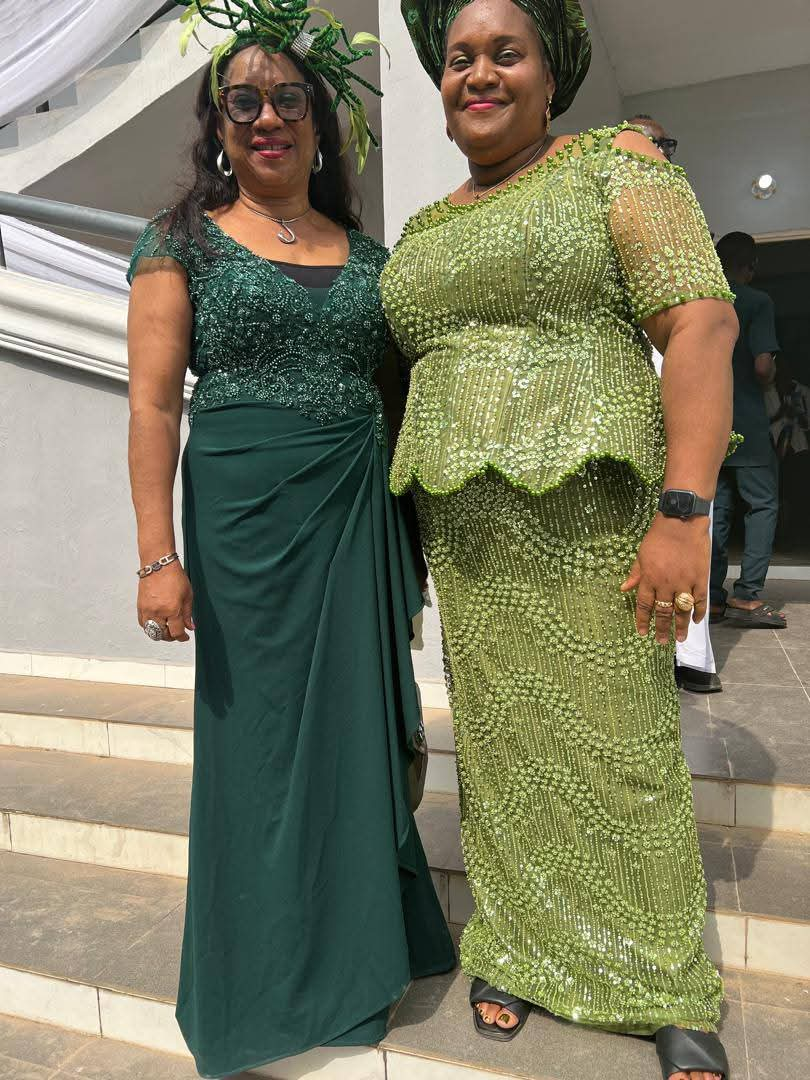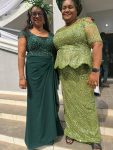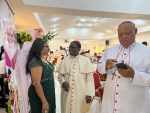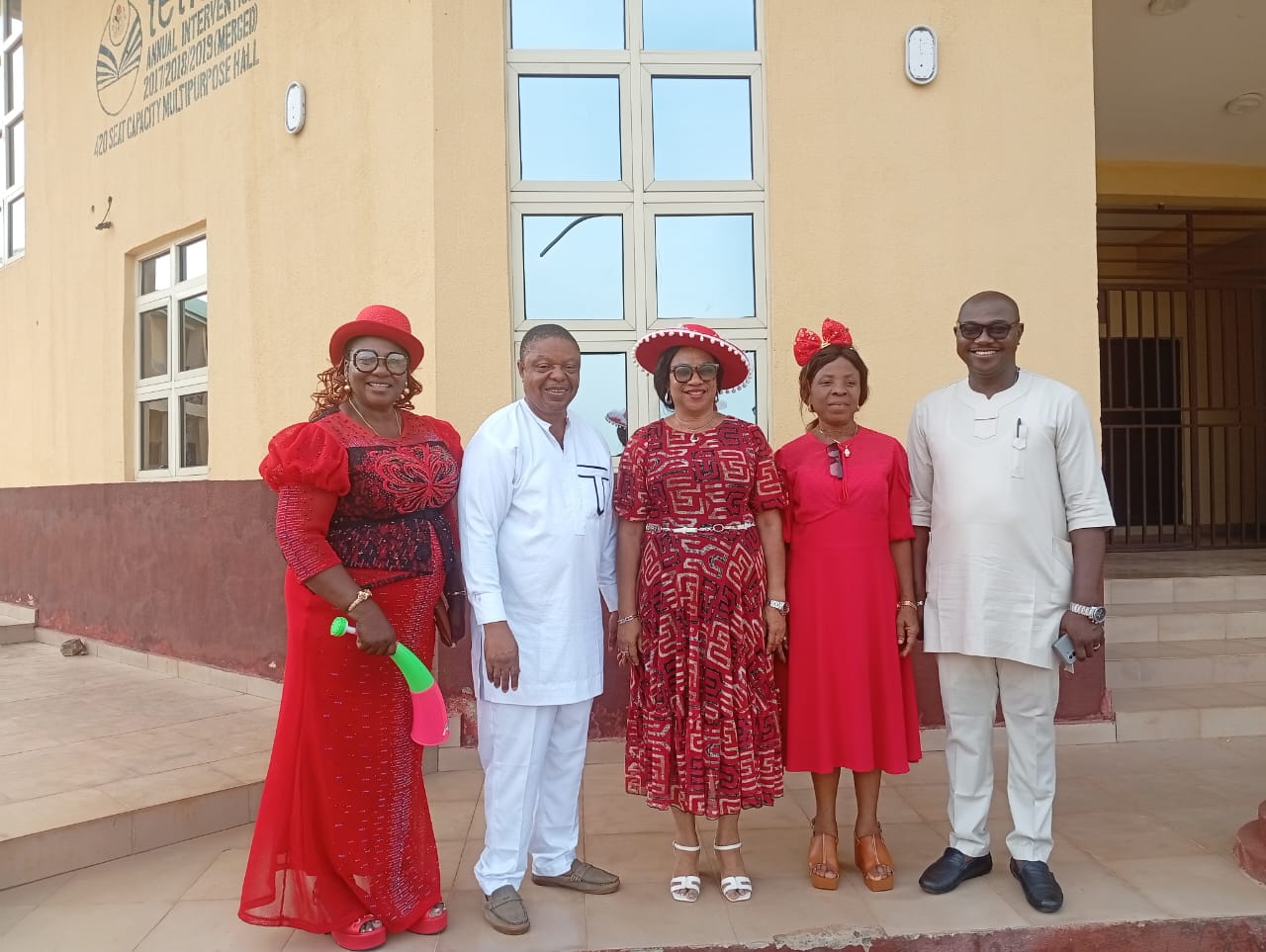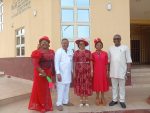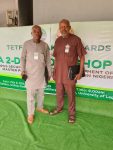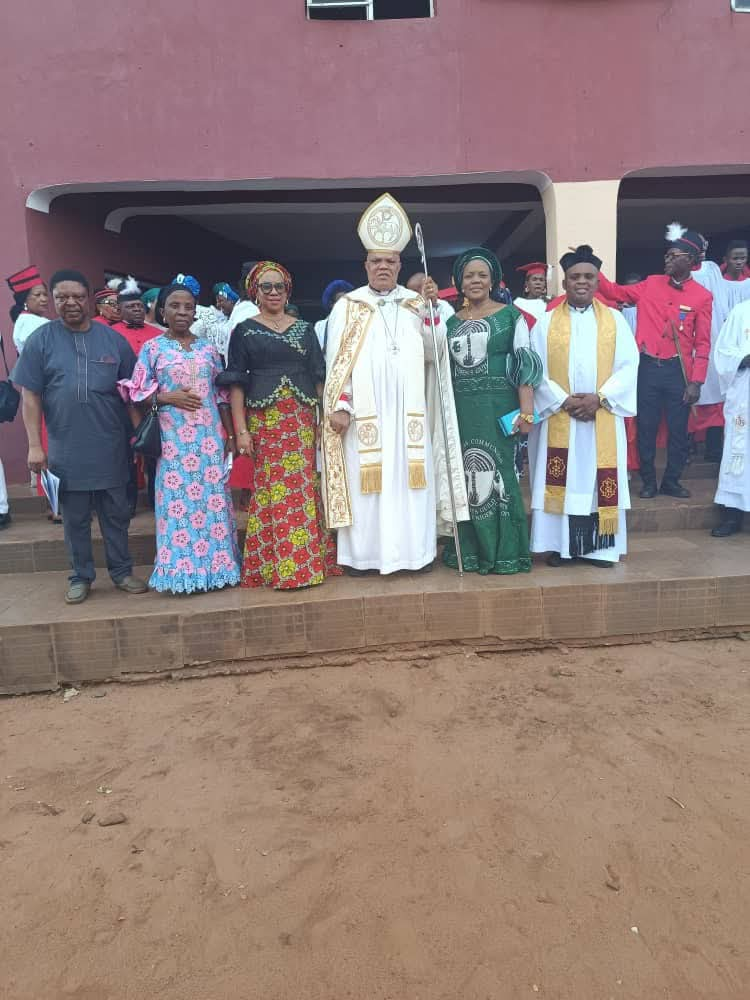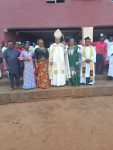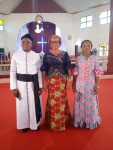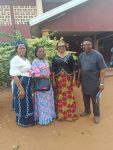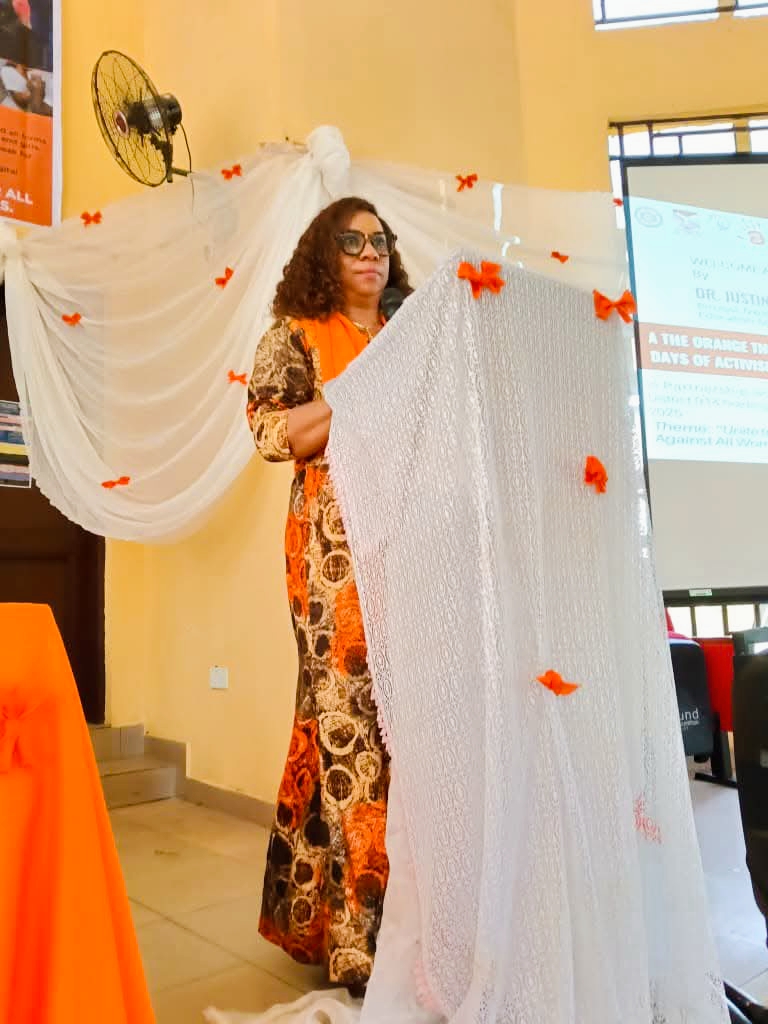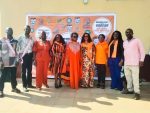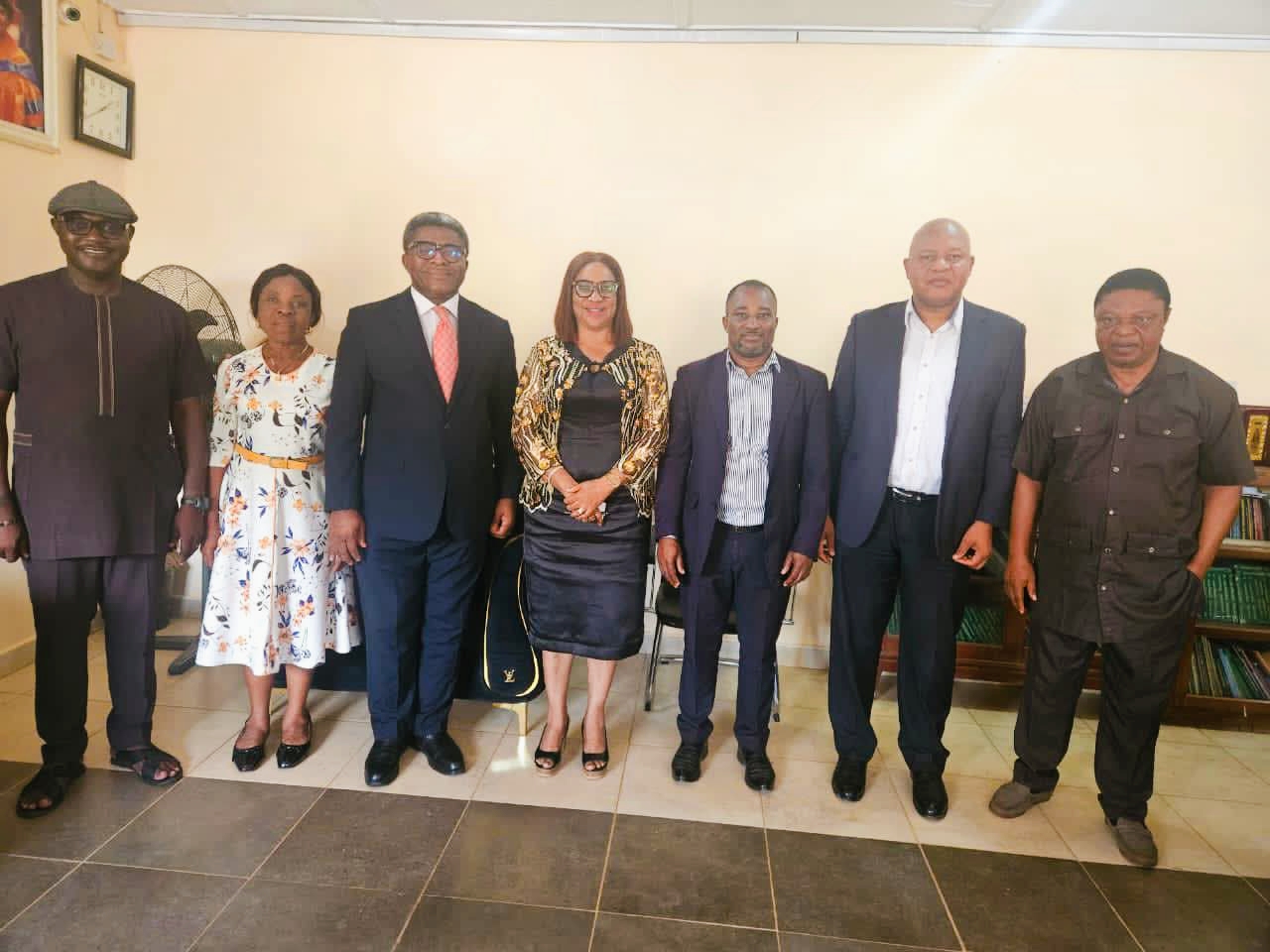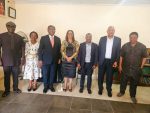Hi 👋 , welcome to;
PURPOSE AND FUNCTION
The School of Arts and Social Sciences at Nwafor Orizu College of Education, Nsugbe, plays a central role in the college’s mission of training future educators in the humanities and social sciences. It is tasked with equipping students with the intellectual, cultural, moral, and civic foundations necessary for effective teaching and leadership in a dynamic society.
Its primary functions include:
Preparing qualified NCE teachers in key disciplines such as Christian Religious Studies, Social Studies, History, Economics, Music, Geography, Political Science, and more.
Developing critical thinking, communication, and analytical skills in students.
Promoting the study of human behavior, society, and culture to prepare students to be reflective practitioners and responsible citizens.
Encouraging research and scholarship in the arts and social sciences that address local and national challenges.
FACILITIES AND INFRASTRUCTURE
The School operates from a dedicated Arts and Social Sciences Complex, which houses lecture halls, staff offices, seminar rooms, and departmental units. It is structured to provide a conducive environment for academic engagement and discourse.
Key facilities include:
Lecture Halls: Spacious, well-ventilated classrooms equipped with whiteboards, projectors, and multimedia teaching aids.
Departmental Offices: Administrative bases for each department, offering academic support to students.
Research and Resource Rooms: Spaces equipped with educational materials, textbooks, and archival records for student research.
Music Studios (for the Music department): Equipped with musical instruments and digital equipment for theory and practicals.
Geography Laboratory: With maps, globes, weather instruments, and other field materials.
Seminar Rooms: For academic presentations, student debates, and tutorials.
ACADEMIC AND PROFESSIONAL DEVELOPMENT ROLE
The School is deeply committed to the academic and professional development of students in both teaching methodology and disciplinary expertise. Each department offers programs that combine subject mastery with pedagogical competence, ensuring that students graduate as effective educators in their fields.
Its academic contributions include:
NCE Programmes in disciplines such as:
Christian Religious Studies (CRS)
Islamic Religious Studies (IRS)
Social Studies
History
Music
Economics
Political Science
Geography
Curriculum Integration: Students are trained in teaching methods, curriculum studies, and educational psychology specific to their areas of specialization.
Teaching Practice: Students participate in supervised teaching practices in primary and secondary schools to bridge theory with classroom realities.
Research Projects: Final-year students undertake supervised research work related to contemporary educational and social issues.
COMMUNITY IMPACT AND INDUSTRY ALIGNMENT
The School of Arts and Social Sciences has a far-reaching impact on both the education sector and the larger community, preparing teachers and thought leaders who contribute meaningfully to national development.
Community and societal impact include:
Civic Education and Leadership Training: Students are taught to promote social justice, democracy, and national unity.
Cultural Preservation and Enlightenment: Through departments like History, CRS, and Music, the school fosters appreciation of Nigeria’s rich cultural heritage.
Conflict Resolution and Peace Education: Social Studies and Political Science students are trained in peacebuilding, governance, and citizenship education.
Youth Empowerment through Music and Arts: The Music Department promotes youth engagement through cultural festivals, recitals, and performances.
Public Engagements: Staff and students participate in local outreach, public debates, and educational campaigns on topics like electoral rights, religious tolerance, and history education.
DEPARTMENTS UNDER THE SCHOOL
The School of Arts and Social Sciences consists of the following departments:
1. Christian Religious Studies (CRS)
2. Islamic Religious Studies (IRS)
3. Social Studies
4. History
5. Political Science
6. Economics
7. Music
8. Geography
Each department offers NCE programs combining subject specialization and teacher training, preparing students to serve in secondary schools, ministries, and civic organizations.
CHALLENGES AND FUTURE PLANS
Despite its contributions, the school faces some challenges:
Challenges:
Limited digital infrastructure for blended learning and virtual research.
Inadequate instructional materials, particularly for Music and Geography departments.
Insufficient funding for seminars, field trips, and cultural exhibitions.
Future plans include:
Upgrading music and geography laboratories with modern tools and technologies.
Developing e-learning modules for open and distance education.
Introducing interdisciplinary programs that align with current social and economic realities (e.g., Peace and Conflict Studies, Civic Education).
Establishing partnerships with NGOs, government agencies, and academic institutions for collaborative research and capacity building.
CONCLUSION
The School of Arts and Social Sciences, NOCEN, Nsugbe, is a vital academic division that trains ethical, knowledgeable, and effective educators and leaders for Nigeria’s schools and society at large. Through its diverse departments, community engagements, and commitment to academic excellence, the school fosters a generation of teachers who can think critically, act responsibly, and contribute meaningfully to national development.
A24 – Office of the Dean, School of Arts and Social Science
A26 – Dean’s Office
A28 – Dean’s Main Office
A27 – Barr. Okeke B.S., Ph.D Office
A25 – Rev. Br. Dr. C.O. Okeke Office
Department of Political Science
A2 – General Office, Political Science
A2 – Office of the Head of Political Science
Christian Religious Studies (CRS)
A44 – HOD, Religion Department Office
A45 – HOD CRS Office
1. Attend Lectures and Academic Courses
Students are engaged in:
– Departmental courses, interdisciplinary seminars, and research-focused classes that build understanding of human society, culture, and governance.
– Lectures covering theories, concepts, and practical applications in social and civic education.
2. Conduct Research and Fieldwork
The school provides opportunities for:
– Historical research, community surveys, and case studies in social behavior and public systems.
– Field assignments and data gathering in schools, communities, and institutions.
3. Defend Projects and Participate in Academic Reviews
Students are expected to:
– Write and defend term papers, long essays, and teaching projects in their areas of specialization.
– Engage in debates, presentations, and departmental assessments to sharpen their communication and analytical skills.
 Page Looksograph
Page Looksograph
Want a page like this? Click the black button below & let the Vicilook Team help you set it up in minutes.



